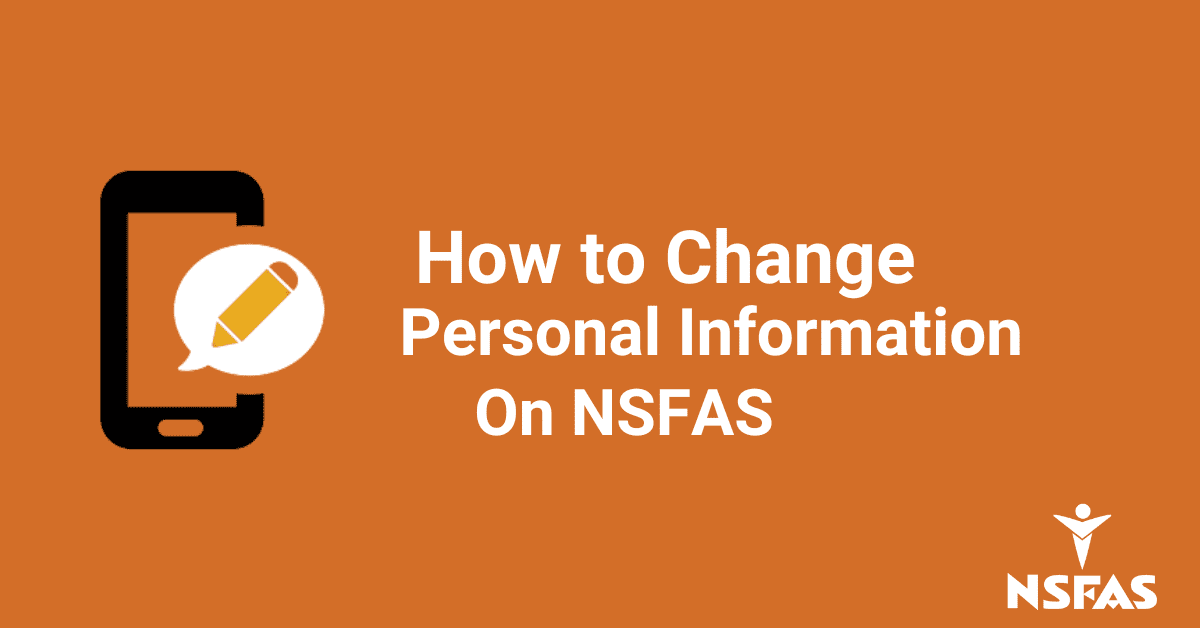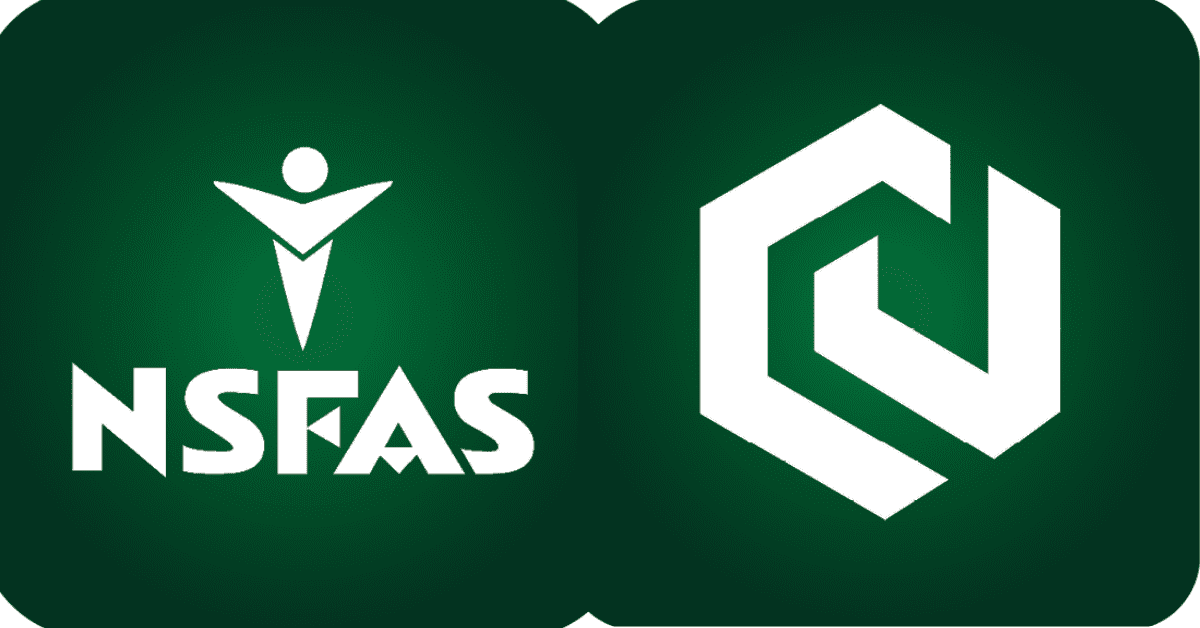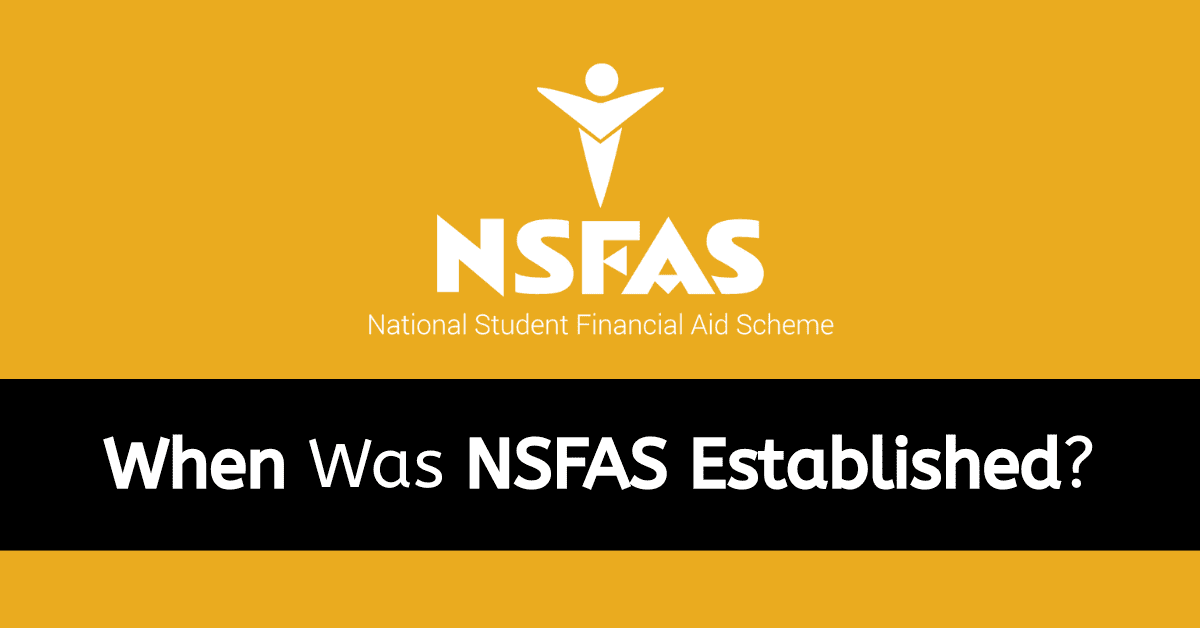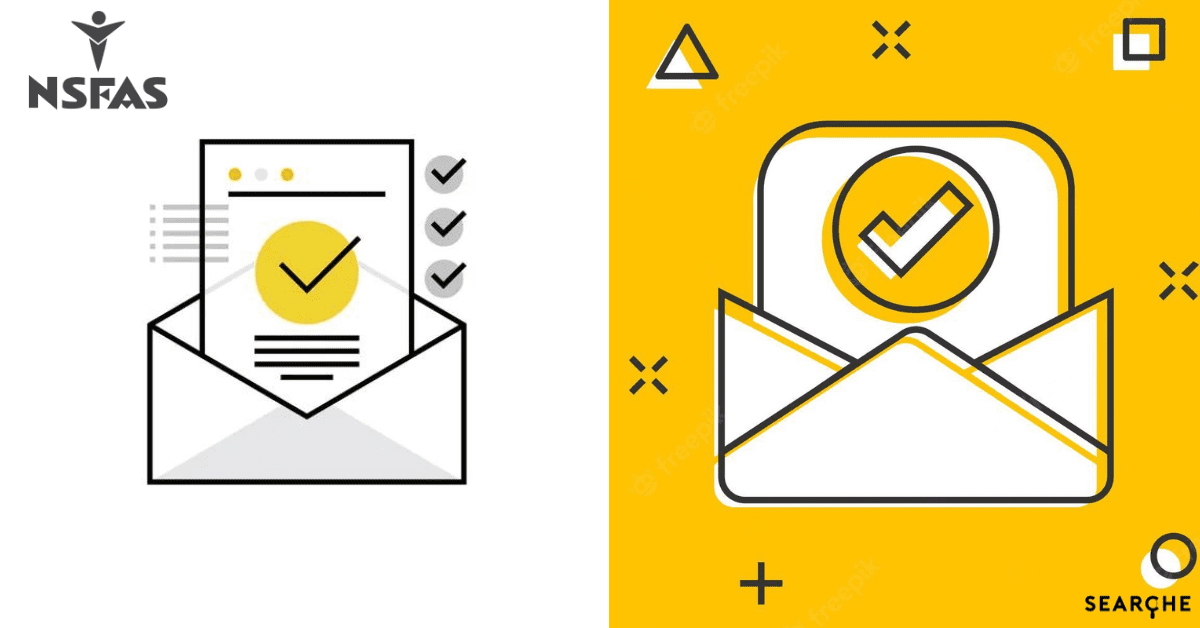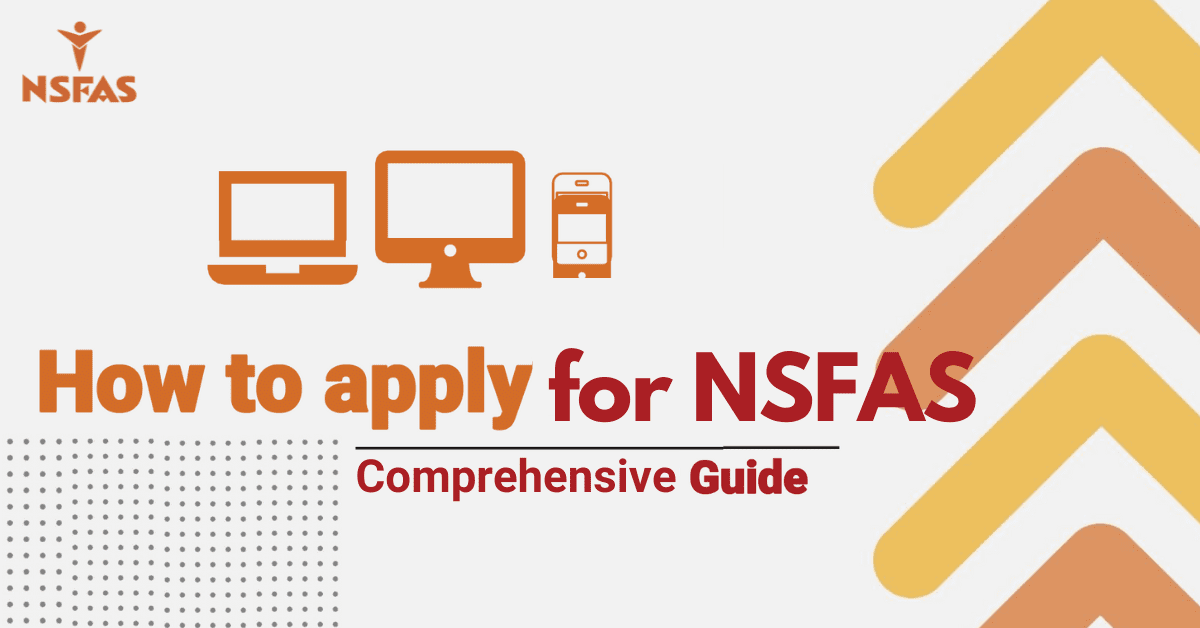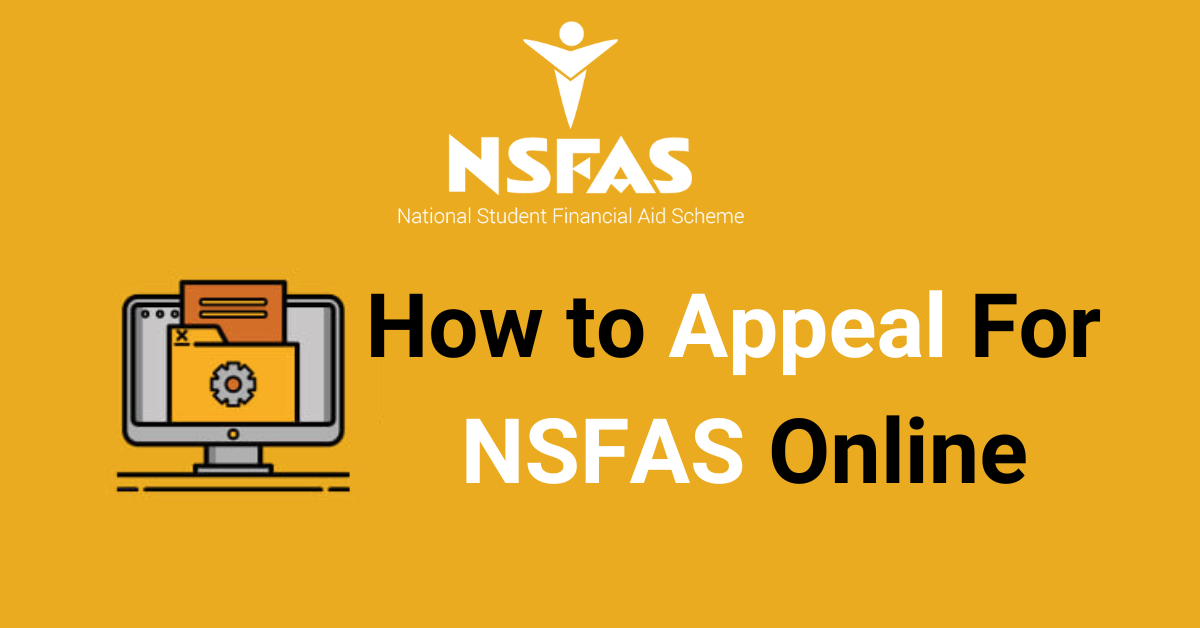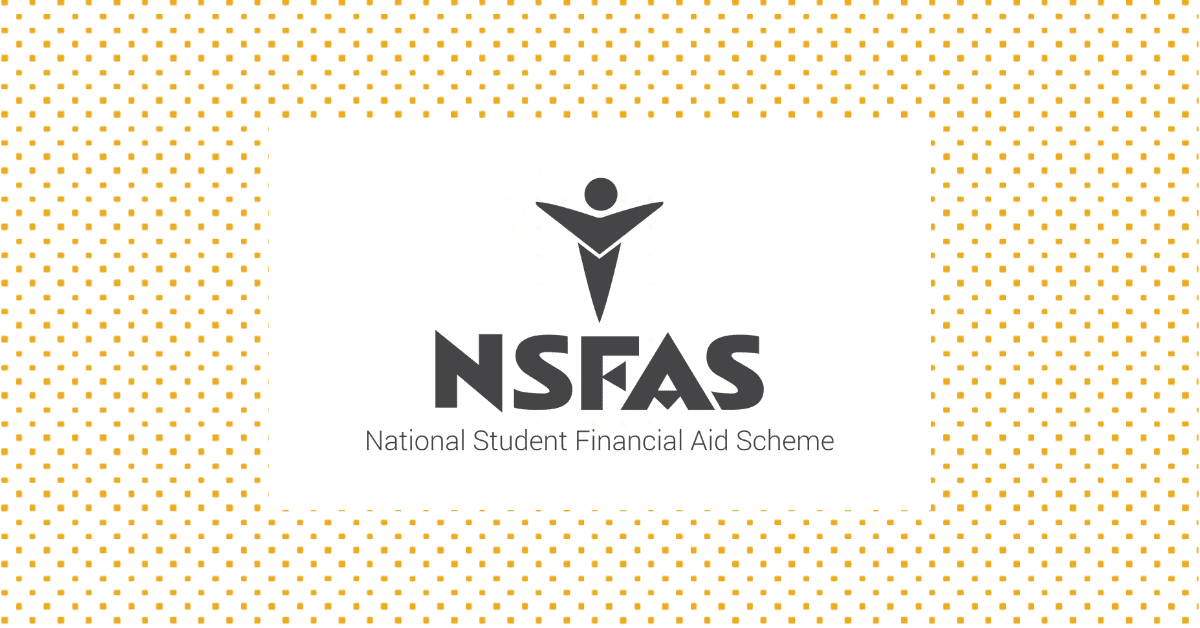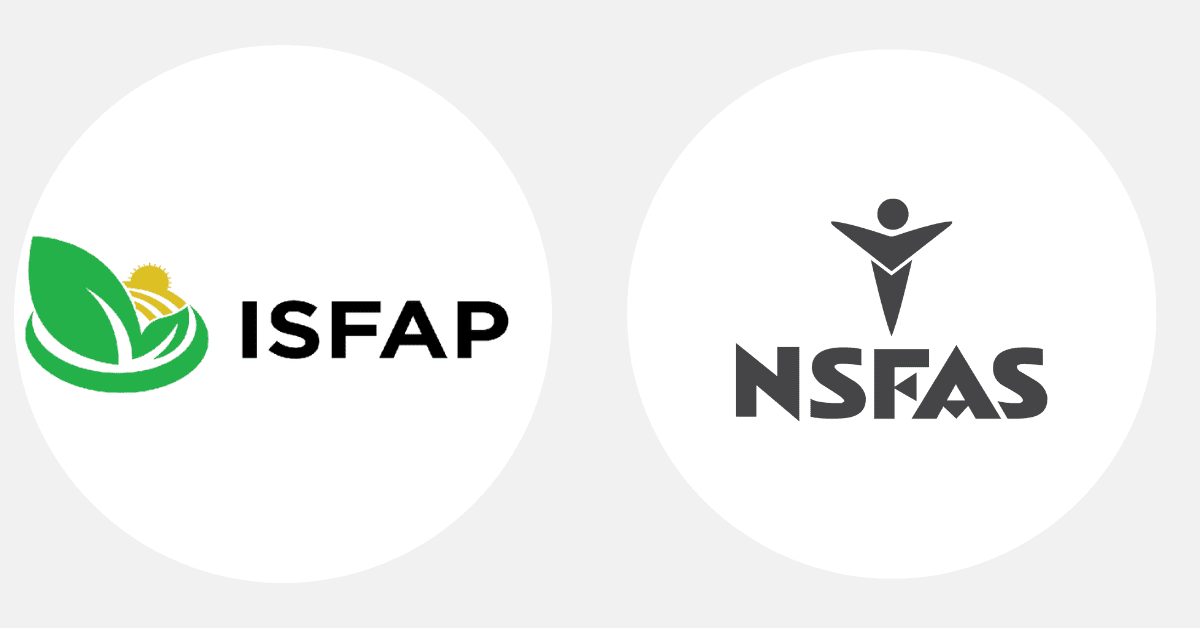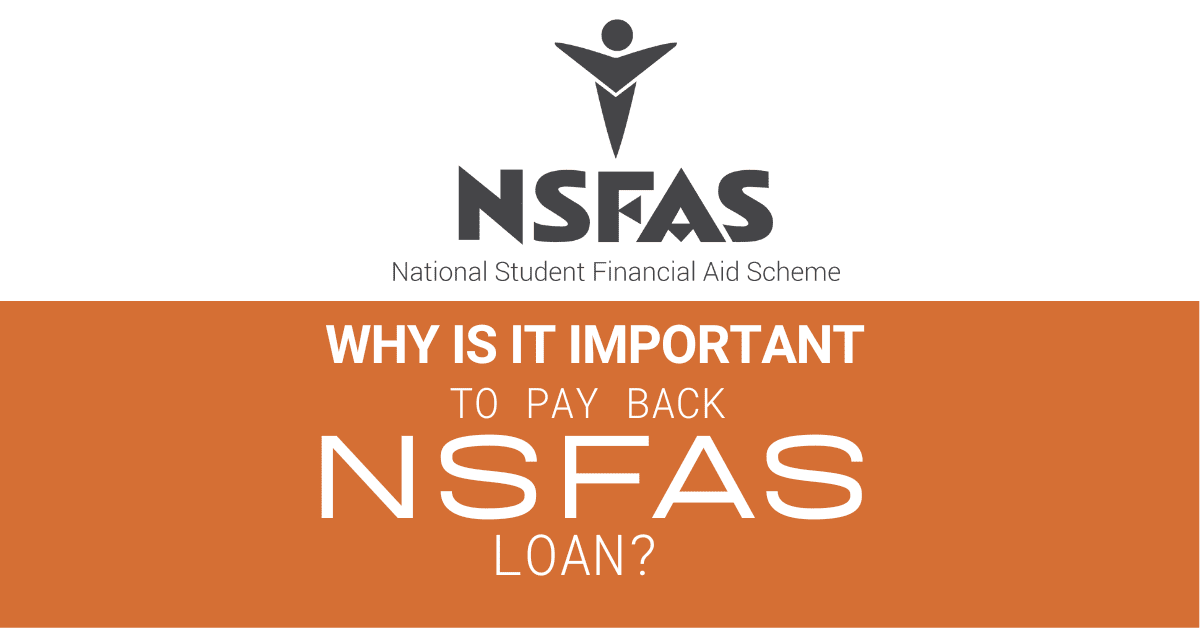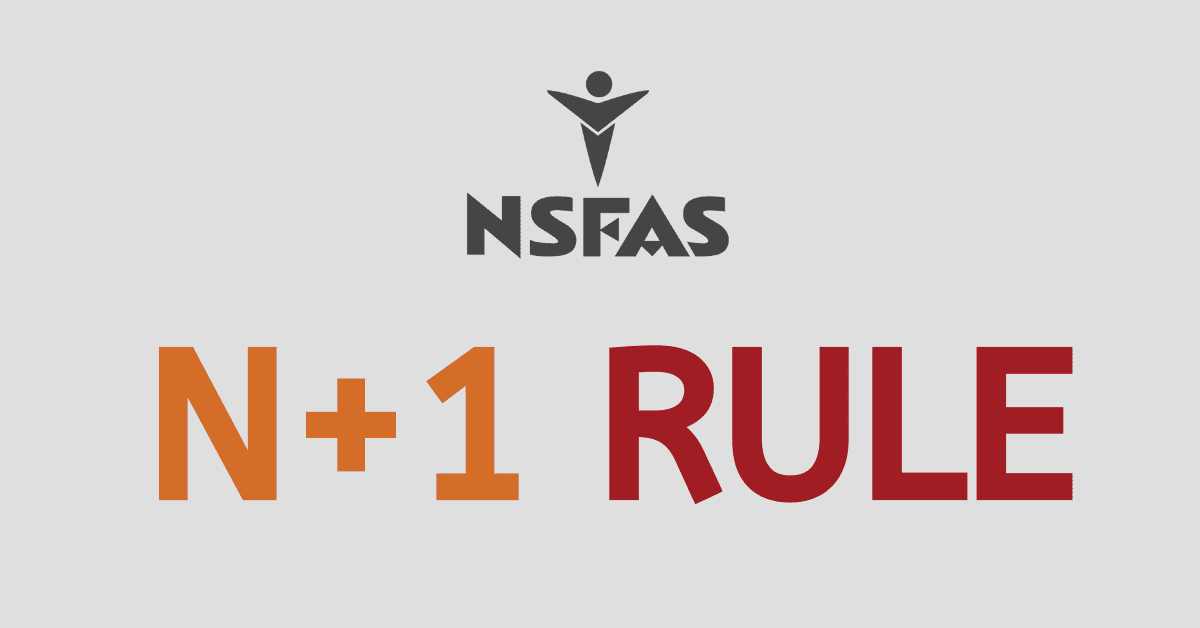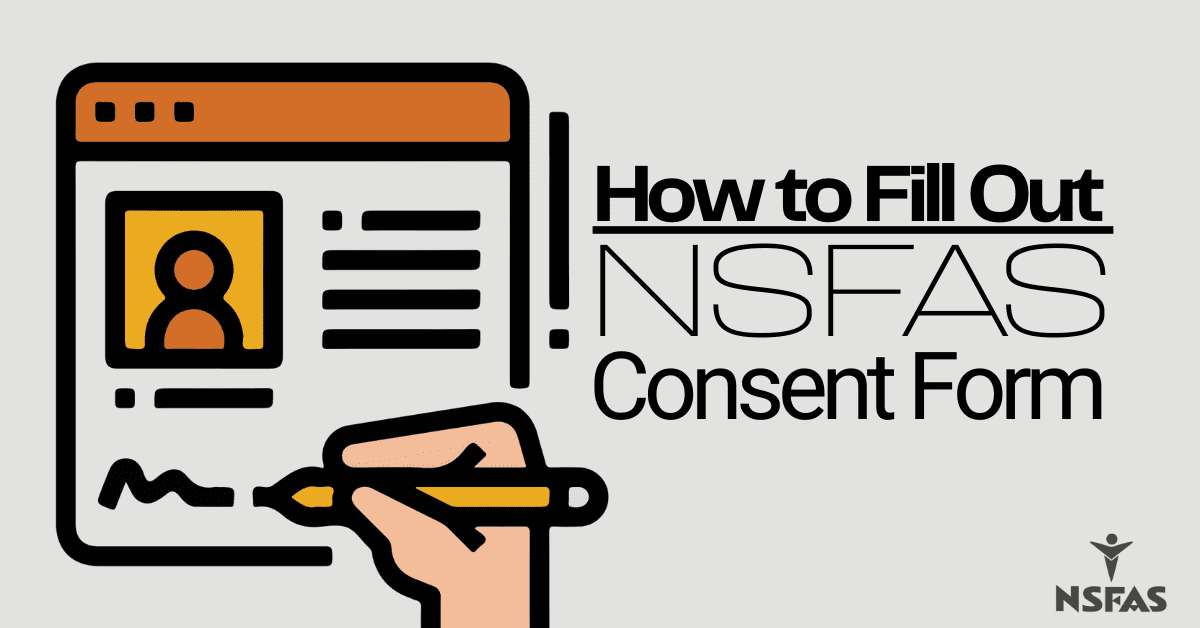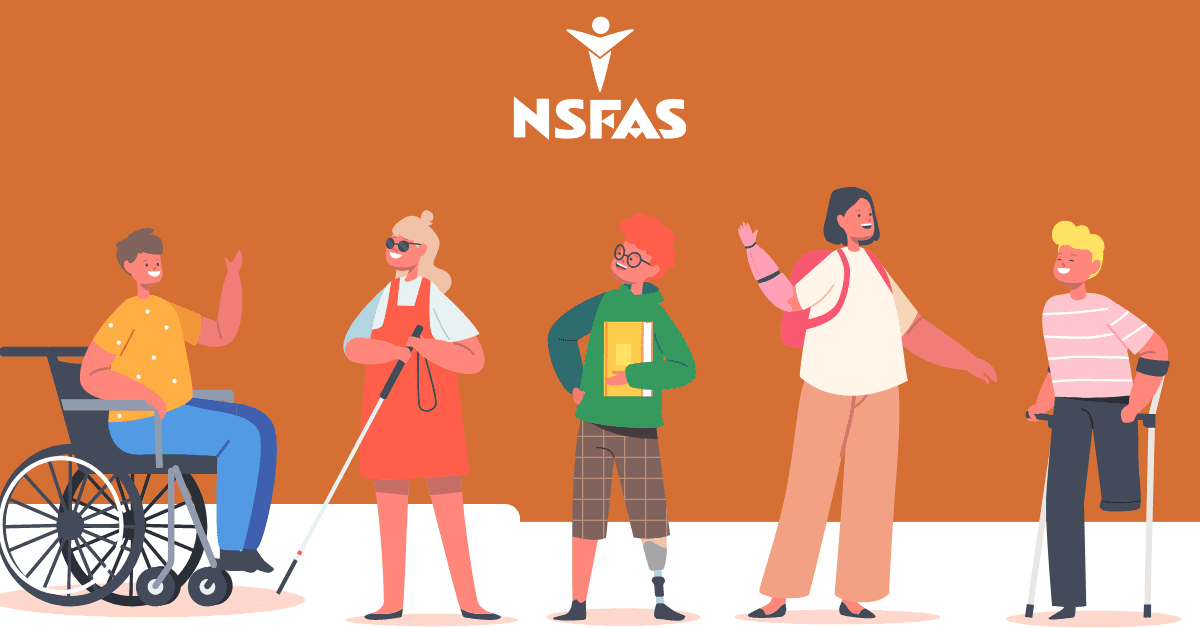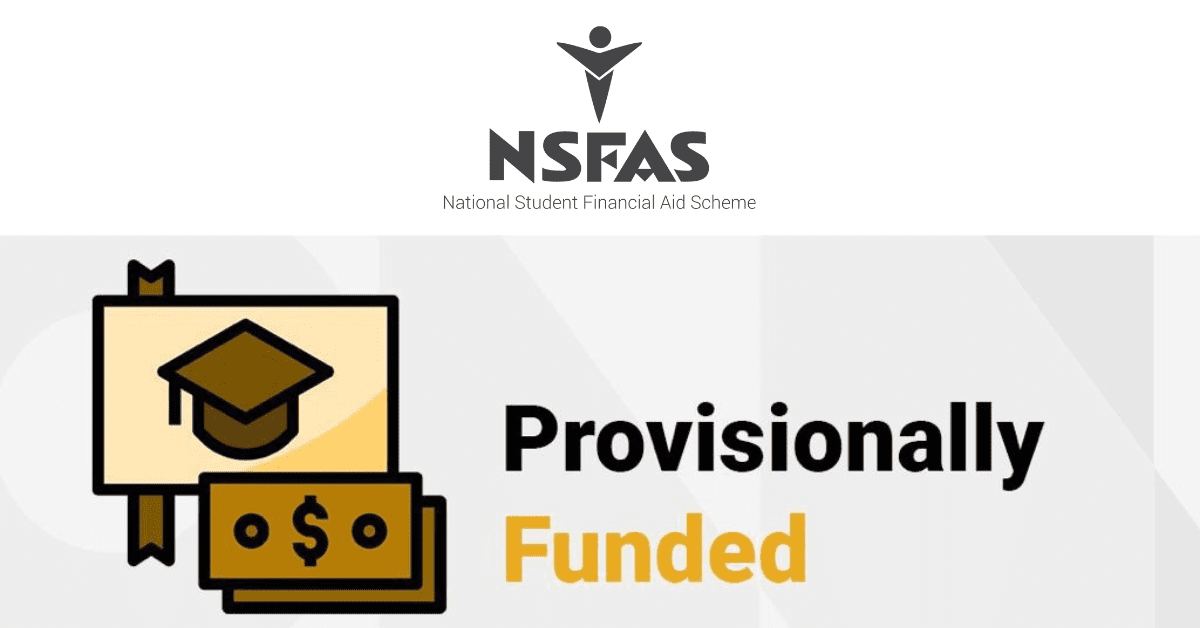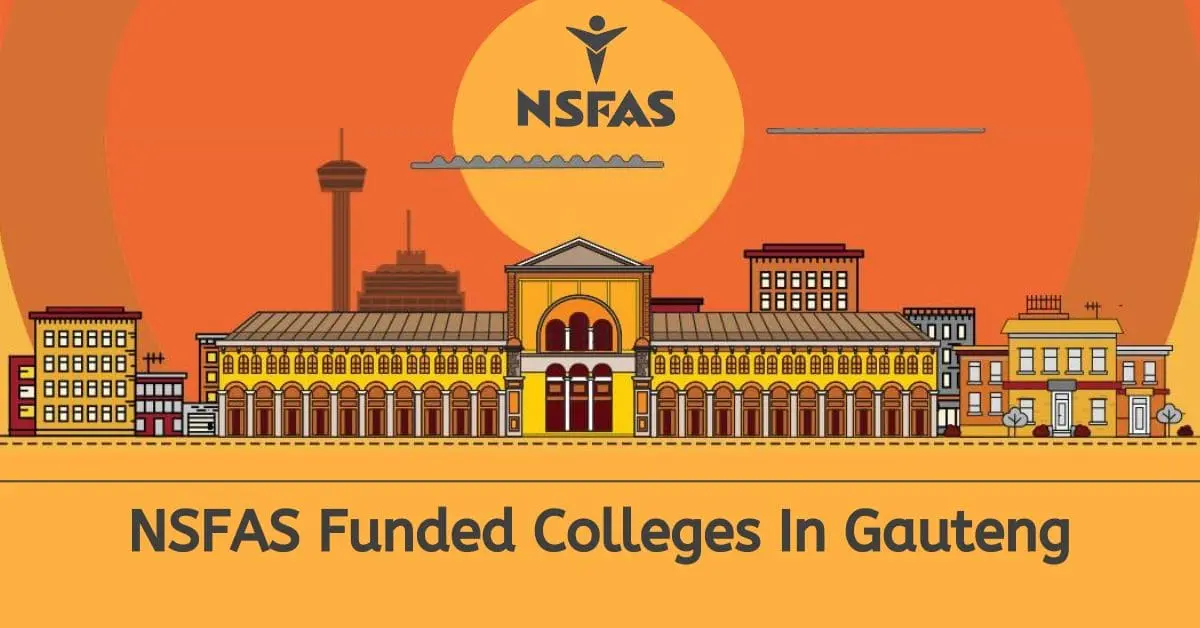After taking a gap year, returning to the NSFAS website, submitting the relevant paperwork, and waiting for the One Time Pin are all processes that must be taken (OTP). You must fulfil all the requirements as a returning student, and if you don’t follow the rules and guidelines of the program, your financing cannot succeed. Additionally, the NSFAS has a funding ceiling of four years, and eligibility is based on a household income of less than R350 000 annually. Although NSFAS offers a variety of allowances, these sums are subject to annual adjustment.
How to Reapply for NSFAS after a Gap Year
After a gap year, reapplying for NSFAS is simple and uncomplicated. First, it’s crucial to remember that applicants for NSFAS support can reapply whether they are new or returning students. You could reapply for NSFAS financing if your initial application was denied or unsuccessful. Returned students who failed to fulfil the academic performance requirements of passing at least 50% of their courses will only be permitted to appeal for funding if their funding was revoked or cancelled.
To reapply for NSFAS, visit the NSFAS website (www.nsfas.org.za) and click “MyNSFAS” at the top right. Choose the checkbox to allow NSFAS to verify your information, then click “Register” and input your ID number exactly as it appears on your ID document. Put in your full name details exactly as they appear on your ID and your current email and mobile phone numbers, and make a strong password. To register, upload a copy of your ID, then hit “Register.” You will receive a One Time Pin (OTP) from NSFAS; enter it and click “Submit.” You will have been successful in your NSFAS reapplication.
Do you have to Reapply for NSFAS after a Gap Year?
Indeed, after taking a gap year, you must reapply for NSFAS. While taking a gap year won’t impact your ability to get money from the NSFAS, you should be aware that due to the N+1 rule, the NSFAS will only support your academic goals for up to four years. So, for instance, you have up to four years to finish a three-year Bachelor’s degree.
You won’t receive your NSFAS bursary during the year you are not enrolled in classes. As a result, you will require independent funding for your gap year. You apply for your NSFAS financing each year in part to have it paused for you in years when you are not enrolled in the university. Of course, each year you apply, you must still meet the requirements for qualifying. Hence, if your financial situation significantly changes during your gap year, it can affect your eligibility.
If you don’t satisfy the necessary academic or financial need standards or don’t follow the program’s rules and regulations, your NSFAS funding cannot succeed. This issue happens yearly. If your funding has been cut off, you must find another way to pay for your studies by applying for another bursary or loan.
What are NSFAS Requirements for Returning Students?
All NSFAS criteria must be met by returning students. These conditions include having certified copies of identification documents or birth certificates, a cell phone number, and an email address. A person with a handicap must sign a Disability Annexure Form if their combined household income is less than R600,000. The combined annual income of the household cannot exceed R350 000.
Returning students will receive the same benefits from NSFAS as first-time enrollees, which means they will be eligible for all of the programs offered by all 26 public universities and 50 TVET Schools. However, to receive financing from NSFAS, returning students must apply and be authorized for the funding.
Returning university students who are approved for NSFAS funding will receive living allowances of R15,000 annually, transportation allowances of R7,500 annually (for those living within 40 kilometres of the institution), book allowances of R5,200 annually, personal care/incidental allowances of R2,900 annually, and housing allowances based on the actual cost charged by the university.
Returning TVET College students approved for the NSFAS funding will receive personal care/incidental allowances of R2,900 annually, transportation allowances of R7,000 annually, transportation (40 km from college) of R7,350 annually, and housing allowances of R15,750 annually, R24,000 annually, and R18,900 annually.
Returning students who previously applied for support under the National Students Financial Aid System but were unsuccessful must reapply to receive funding through the NSFAS. Returning students who apply for funding and meet the program’s eligibility standards will receive money from NSFAS. The longest period NSFAS will support a student is five years.
How Much Must you Earn to Qualify for NSFAS?
Suppose you’re a prospective candidate wondering what income would make you eligible for NSFAS. In that case, you should be aware that you must have a combined household income of less than R350 000 annually to be considered. This limit means that your parents and all other household members’ combined incomes shouldn’t be more than R350 000 annually.
It is important to remember that the NSFAS bases the qualifying amount on your home’s size, location, and makeup. You must therefore give them a summary of your home budget when completing your NSFAS application. This information helps to calculate how much you are eligible for.
Even if you are employed, you may still be eligible for the NSFAS; however, your eligibility will be based on your household’s total income. Your annual wage should not be more than R350 000 when combined with the salaries of the other household members. If so, you won’t be eligible for the program.
The NSFAS offers a monthly and annual allowance that covers books, living expenses, incidentals, travel expenses, and lodging costs. These allowances’ dollar amounts are subject to annual adjustment. The monthly stipend is paid by NSFAS on a mutually convenient day each month and is deposited immediately into your bank account.
You must be a South African citizen, possess a South African identification document, and earn no more than R350 000 per year as a household to be eligible for NSFAS.
Can NSFAS Fund Me for the Second Time?
NSFAS, the National Student Financial Aid Scheme, is a government-funded program in South Africa that provides financial aid to eligible students to cover their tertiary education expenses. The answer is yes if you have previously received NSFAS financing and are asking if you can do so again. But you can’t help without meeting some requirements.
Maintaining excellent academic progress and satisfying your institution’s academic performance requirements are prerequisites for receiving a second NSFAS grant. This requirement means that to remain eligible for funding, you must pass at least 50% of your modules and keep up your academic standing.
Notably, NSFAS will immediately stop funding your qualification if you fail all of your modules, and you will then need to reapply for funding. Similarly, your financing may get jeopardized if you fail two or three modules and your overall academic performance falls below 50%.
